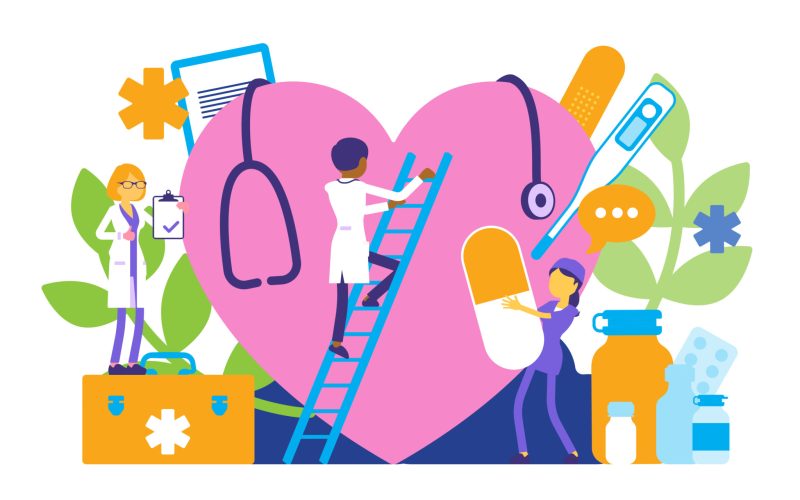Introduction:
Meet Dr. Emily Carter, a renowned psychologist specializing in mindfulness-based interventions in academia. With over two decades of experience in both research and practice, Dr. Carter has been at the forefront of advocating for the integration of Mindfulness in Higher Education 2024. In this article, we delve into the profound role mindfulness plays in academia, examining its relevance, benefits, and practical applications in shaping a more balanced and thriving educational environment.
Understanding Mindfulness in Higher Education 2024

Mindfulness, rooted in ancient contemplative practices, has emerged as a powerful tool in modern education. Its essence lies in fostering present-moment awareness, non-judgmental acceptance, and compassionate engagement. In the dynamic landscape of higher education. And Mindfulness in Higher Education 2024 serves as a catalyst for holistic student development, faculty well-being, and institutional flourishing.
Benefits of Mindfulness in Higher Education 2024 in Academia
Mindfulness practices yield multifaceted benefits across various dimensions of academia. From enhancing cognitive function and academic performance to fostering emotional resilience and stress reduction, the ripple effects of mindfulness resonate throughout the academic ecosystem. Let’s explore these benefits in detail:
| Benefits of Mindfulness in Academia | Description |
|---|---|
| Improved Concentration | Mindfulness cultivates sustained attention and mental clarity, vital for academic success. |
| Enhanced Emotional Regulation | By fostering emotional intelligence and self-awareness, mindfulness equips students and faculty with adaptive coping mechanisms. |
| Reduced Stress and Anxiety | Mindfulness practices mitigate the detrimental effects of stress, promoting a healthier campus climate conducive to learning and growth. |
| Cultivation of Empathy and Compassion | Through mindfulness, individuals develop greater empathy towards others, fostering a culture of inclusivity and understanding within academic communities. |
Implementing Mindfulness in Higher Education 2024

Effective integration of mindfulness in academia requires a systematic approach encompassing curriculum development, faculty training, and institutional support. Here are key strategies for implementing mindfulness in higher education 2024
Curricular Integration:
Incorporate mindfulness-based practices into existing courses or develop specialized programs focusing on contemplative pedagogy. Provide faculty with training and resources to integrate mindfulness practices into their teaching, research, and personal lives. Establish mindfulness-based programs and resources within student support services to promote well-being and resilience among students. Foster a culture of mindfulness at the institutional level through policy support, funding initiatives, and strategic partnerships.
The Future of Mindfulness in Higher Education 2024 in Academia

As we journey into the future of Mindfulness in Higher Education 2024. And the role of mindfulness is poised to expand and evolve. With growing recognition of its transformative potential, mindfulness will continue to shape educational paradigms, fostering a more compassionate, resilient, and inclusive academic community.
Conclusion:
In the landscape of Mindfulness in Higher Education 2024, mindfulness transcends mere contemplative practice; it embodies a paradigm shift towards holistic well-being and academic excellence. Guided by the insights of experts like Dr. Emily Carter, academia stands poised to embrace mindfulness as a cornerstone of educational innovation and human flourishing in the years to come.
Knowledge Source:
Dr. Emily Carter is a distinguished psychologist and mindfulness advocate, renowned for her pioneering work in integrating mindfulness practices in higher education. With a Ph.D. in Clinical Psychology and extensive research in the field of contemplative science, Dr. Carter brings unparalleled expertise to the discourse on mindfulness in academia. As a faculty member at a leading university, she continues to inspire students and colleagues alike through her commitment to fostering mindfulness and well-being in higher education.










